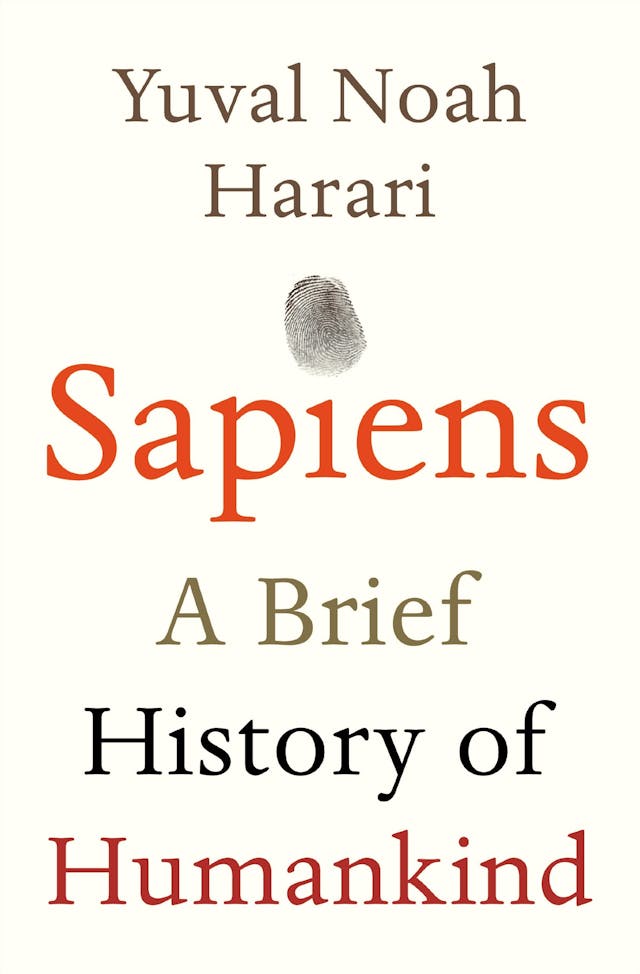The Man Who Mistook His Wife for a Hat and Other Clinical Tales Summary
Key Takeaways
- The human brain is capable of extraordinary feats and puzzling malfunctions.
- Neurological disorders can profoundly affect a person’s perception of reality.
- Each patient's experience offers unique insights into the functioning of the brain and human psychology.
- Empathy and understanding are crucial in the treatment and study of neurological disorders.
- Neurological case studies reveal as much about the human condition as they do about medical science.
🌿 ReflectBay
Overthinking again?
You're not too much. You're just overwhelmed and it's okay. We help you untangle the noise and feel calmer.
We'll help you...
Summary
Oliver Sacks’ 'The Man Who Mistook His Wife for a Hat' provides an intimate look into the world of neurological disorders through a series of fascinating case studies. Each chapter details a different patient’s unique symptoms and diagnosis, exploring the profound effects of neurological disorders on their lives and perceptions.
Sacks combines detailed clinical descriptions with deep human empathy, portraying each patient with dignity and respect while providing insights into the working of their altered minds. The title case study, for example, follows Dr. P, a man with visual agnosia who literally mistakes his wife for a hat, illustrating the bizarre and often misunderstood manifestations of brain disorders.
The book not only educates about various neurological phenomena but also challenges the reader to consider what it means to be normal and how much of our experience of the world is shaped by our brain function.
This work is a cornerstone in the field of neurology and a profound narrative that respects the complexity and humanity of its subjects, making it essential reading for anyone interested in the mysteries of the human brain.
Also recommended

Sapiens: A Brief History of Humankind
Yuval Noah Harari
A Short History of Nearly Everything
Bill Bryson
